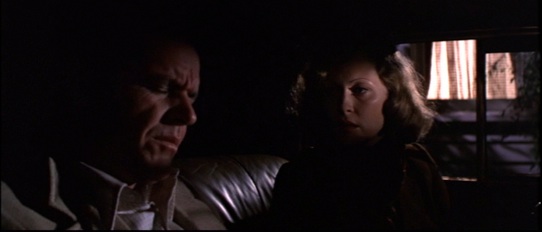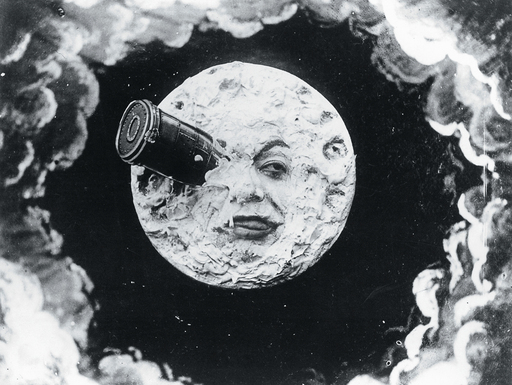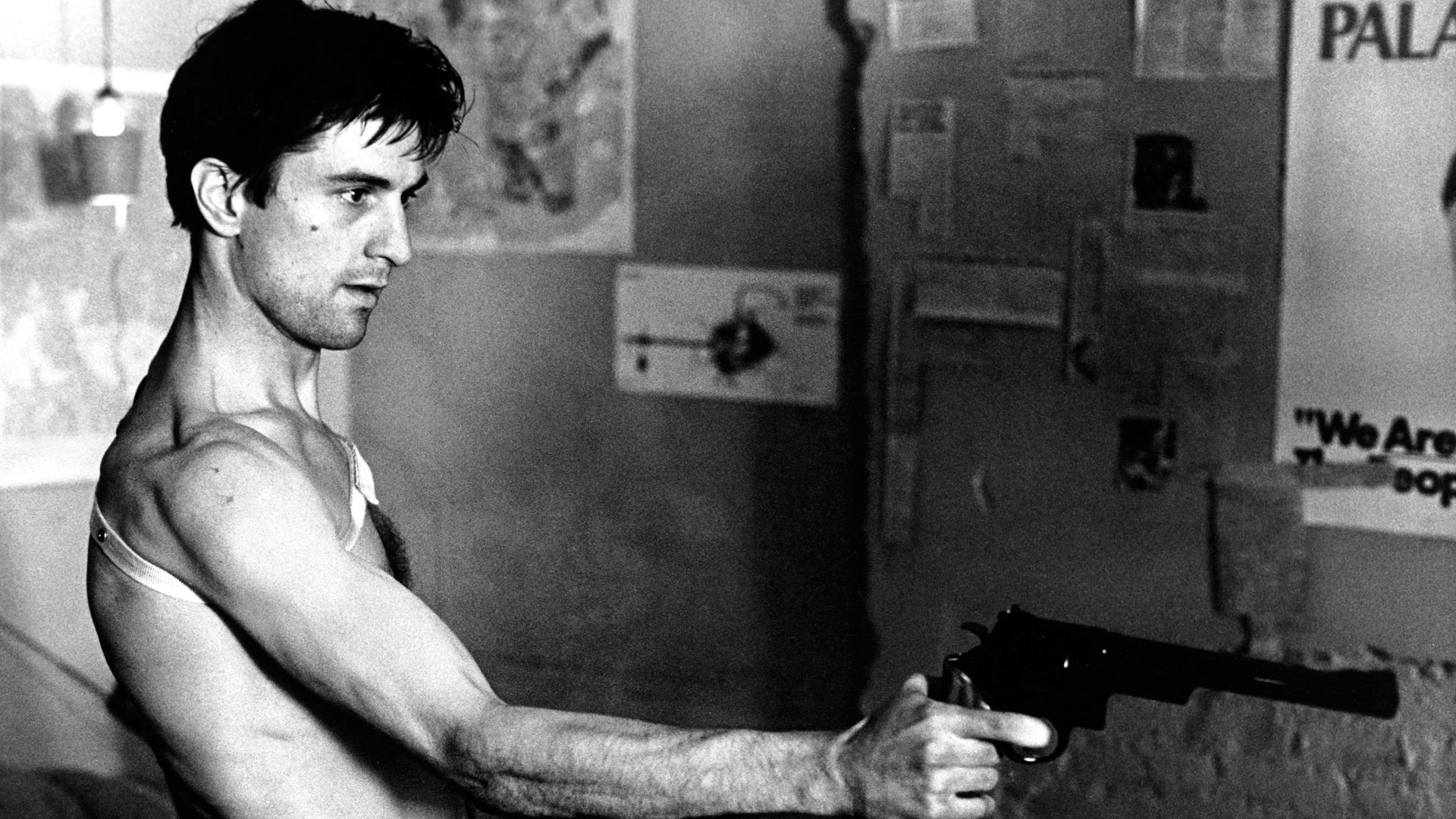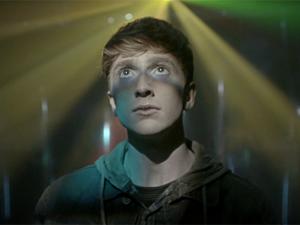Chinatown
Directed by Roman Polanski
Written by Robert Towne
1974, USA
Film noir comes full circle in Roman Polanski’s Chinatown (1974). Thirty years before its release, crime dramas saw the birth of a fundamental character – the noir hero. From Dashiell Hammett to Raymond Chandler, The Maltese Falcon (1941) to The Big Sleep (1946), the noir hero inhabits a world of hopelessness and dark tragedy. The Maltese Falcon saw Humphrey Bogart’s inaugural portrayal of this amoral anti-hero and began film noir as we know it. It also happens to have been directed by John Huston who in Chinatown brings to life the character of scheming millionaire Noah Cross. And so, years after spear-heading the genre, Huston returns in what is possibly the best neo-noir to beguile another tortured noir hero, Jake Gittes (Jack Nicholson).
Private investigator J.J. “Jake” Gittes finds himself agreeing to take on an adultery case. A woman claiming to be Mrs. Evelyn Mulwray visits his office and says her husband is cheating on her. Her husband is in fact Hollis Mulwray, the chief engineer for L.A. Water and Power and the most unlikely candidate for adultery possible. Gittes’ investigation leads him to Mulwray’s offices, city hearings, dried river beds, and eventually to Mulwray’s drowned body. Along the way, Gittes meets the real Mrs. Mulwray (Faye Dunaway), and she threatens him with a lawsuit for releasing photographs of her husband with his alleged mistress. Realizing he was set up, Gittes believes that some larger crime is at stake, one which required the murder of Hollis Mulwray.
Adulteries, murders, and lies lead Gittes to uncover a plot – masterminded by Noah Cross – to buy up the San Fernando Valley on the cheap by diverting water away from orange groves, bankrupting the land’s current owners. The diverted water will then turn the valley into fertile land and its corrupt buyers into wealthy men. This valley grab is based on an actual attempt made in 1908, known as the Owens River Valley scandal. Screenwriter Robert Towne updated the story to L.A. in the 1930s. The land grab and the scandal over water control evoke a city in the desert, where logically no city should be. As the film explains, “Either you bring the water to L.A. or you bring L.A. to the water.”
The central crime in Chinatown is not bribery or murder but a crime against the city’s future. Cross and his associates see control of the city’s water as control of its wealth, ideally in perpetuity. Gittes ultimately asks Cross – already a millionaire – why he feels the need to be richer, what he can buy that he can’t already afford. Cross’ answer: “The future, Mr. Gittes, the future.” Cross is an endlessly fascinating noir villain, spurred solely by greed. The revelation that he is Evelyn Mulwray’s father, desperate to reconnect with her and her daughter, might make him more sympathetic if we didn’t also know that Evelyn’s daughter is technically also her sister. In the film’s final scene, Evelyn hysterically pushes him away, brandishing a gun, because he is truly borderline insane.
As with all noirs, Chinatown’s mysteries are resolved all at once within the final minutes of the film. The scandals – both the water scandal and the Mulwray family scandal – are explained and justice is seemingly done; Faye Dunaway’s textbook femme fatale receives her punishment, and Jakes Gittes’ reputation is salvaged. As a neo-noir, an updating of the old genre, Chinatown more and more fits perfectly alongside the original hard-boiled noirs.
– Katherine Springer






